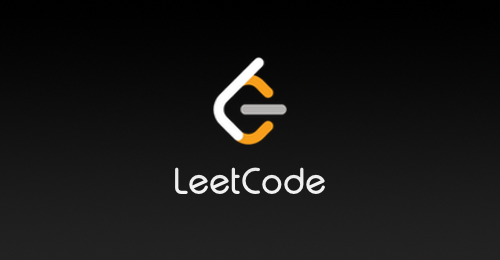278. First Bad Version
Description
You are a product manager and currently leading a team to develop a new product. Unfortunately, the latest version of your product fails the quality check. Since each version is developed based on the previous version, all the versions after a bad version are also bad.
Suppose you have n versions [1, 2, ..., n] and you want to find out the first bad one, which causes all the following ones to be bad.
You are given an API bool isBadVersion(version) which returns whether version is bad. Implement a function to find the first bad version. You should minimize the number of calls to the API.
Example 1:
- Input: n = 5, bad = 4
- Output: 4
- Explanation:
call isBadVersion(3) -> false
call isBadVersion(5) -> true
call isBadVersion(4) -> true
Then 4 is the first bad version.
Example 2:
- Input: n = 1, bad = 1
- Output: 1
Constraints:
- 1 <= bad <= n <= 231 - 1
Submitted Code
# The isBadVersion API is already defined for you.
# @param version, an integer
# @return a bool
# def isBadVersion(version):
class Solution(object):
def firstBadVersion(self, n):
"""
:type n: int
:rtype: int
"""
low = 1
high = n
while low <= high:
mid = (low + high) // 2
if isBadVersion(mid): # mid가 True면 그 앞부분에 True가 있는지 탐색
high = mid - 1
else: # mid가 False면 그 뒷부분에 False가 있는지 탐색
low = mid + 1
return low
Runtime: 15 ms | Beats 61.49%
Memory: 12.35 MB | Beats *77.67%**
1부터 n까지 모두 순회하면 제한시간을 넘는 케이스가 있기 때문에 이진 탐색 방식을 활용해야 한다.
Other Solutions
1st
class Solution(object):
def firstBadVersion(self, n):
left, right = 1, n
while left < right:
mid = (left + right) // 2
if isBadVersion(mid):
right = mid
else:
left = mid + 1
return left
time complexity: 𝑂(log𝑛)
space complexity: 𝑂(1)
while 문의 범위를 수정하면 위의 코드보다 조금 더 빠르게 수행할 수 있다.



Leave a comment